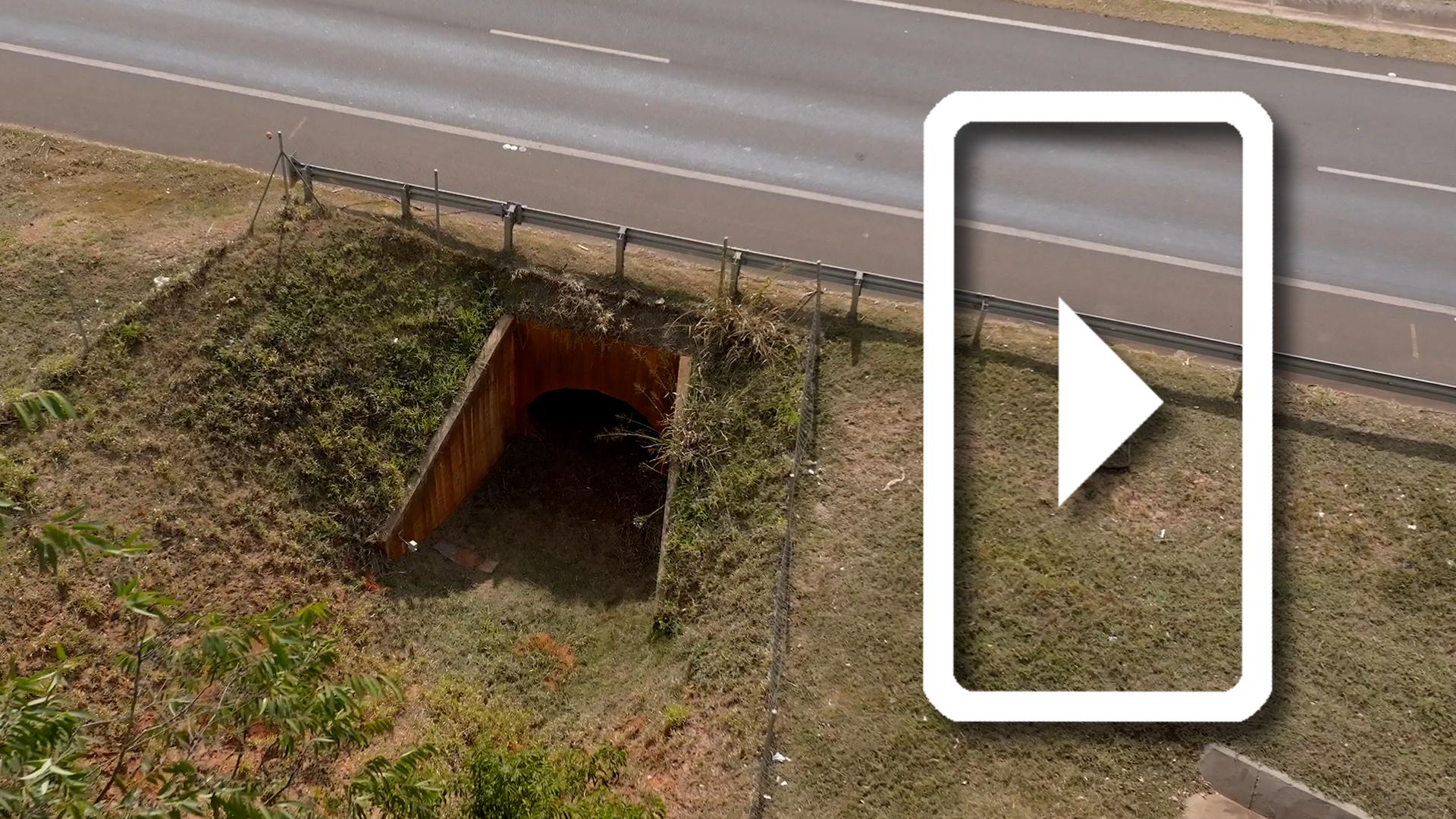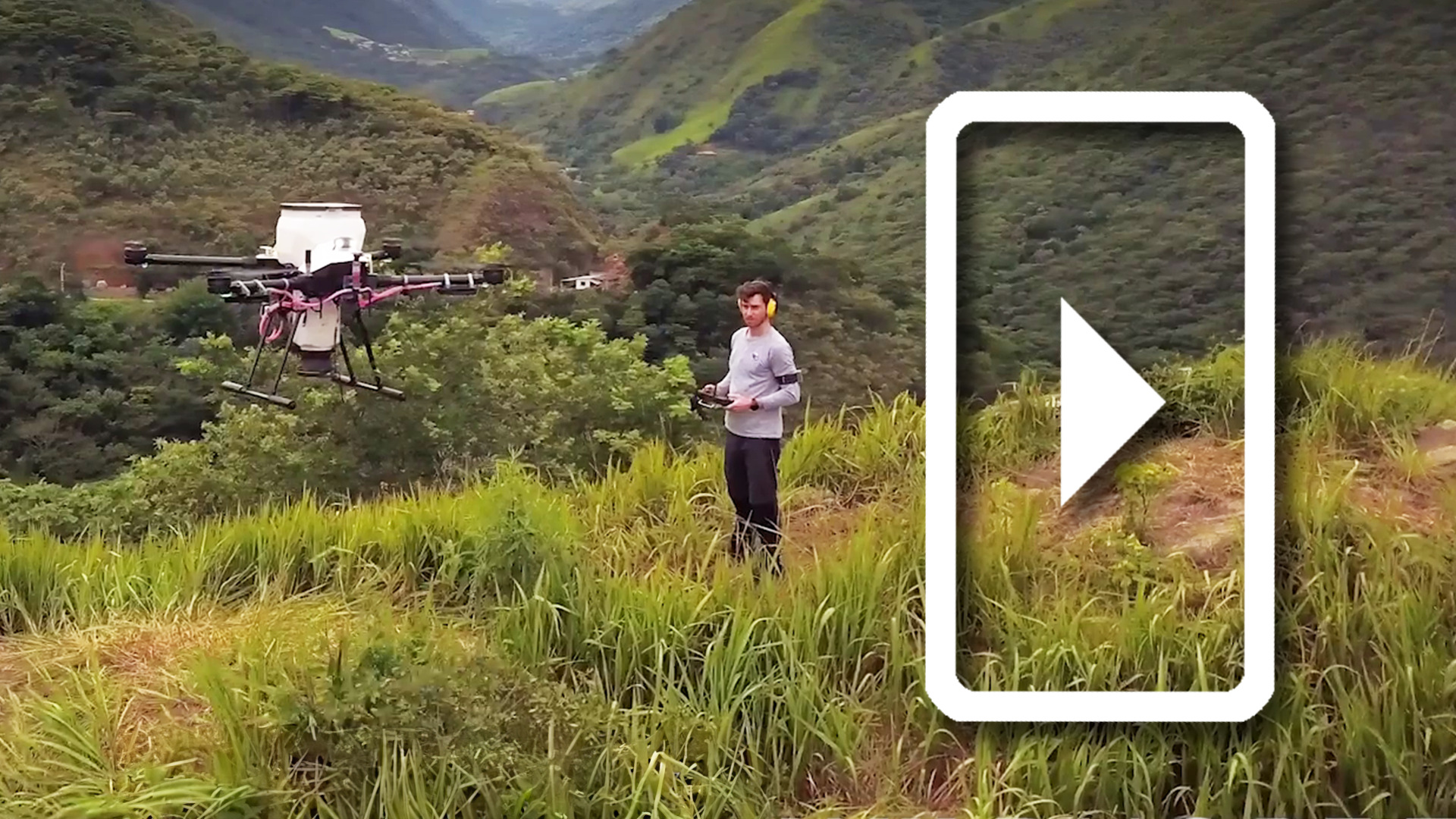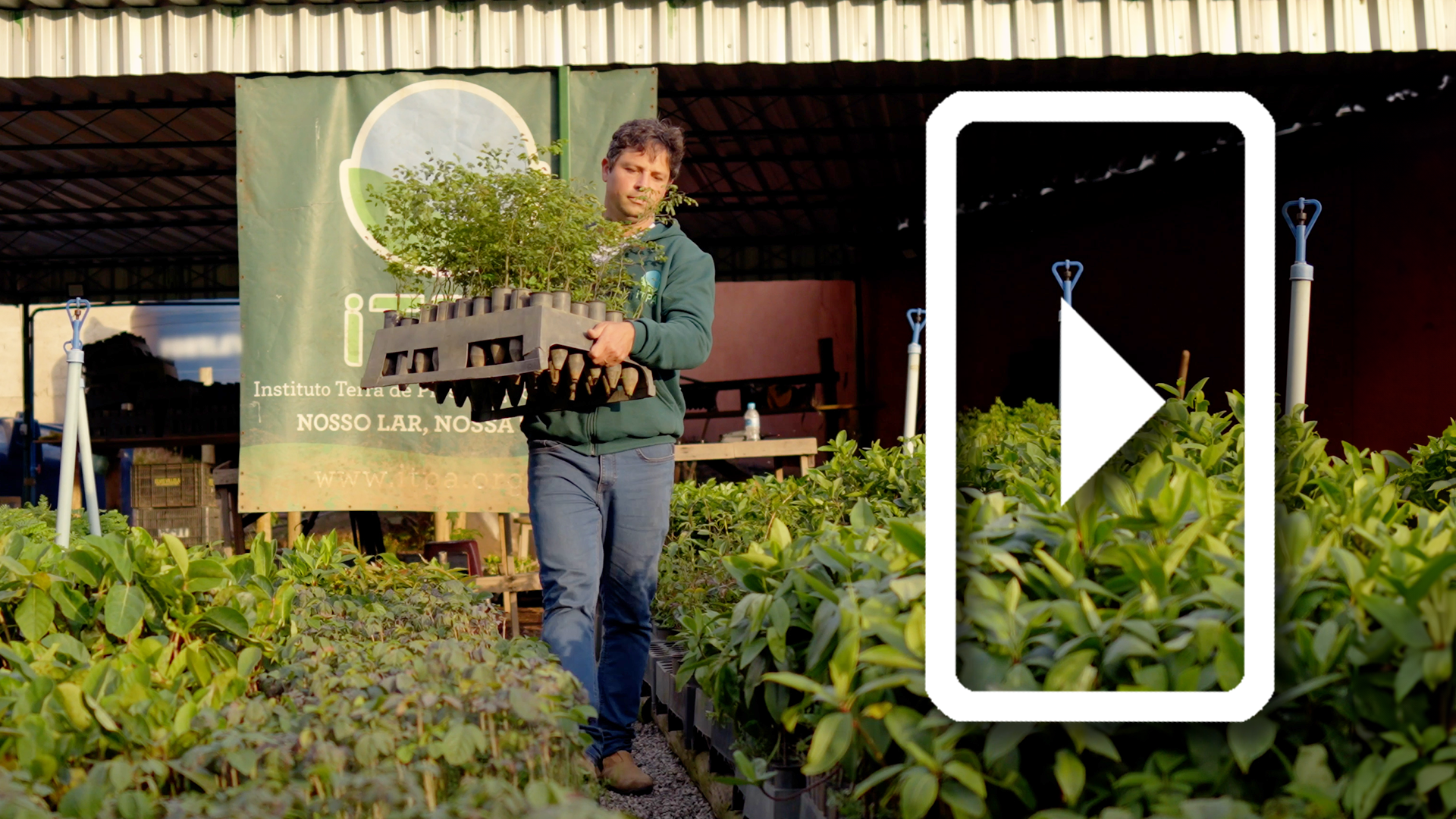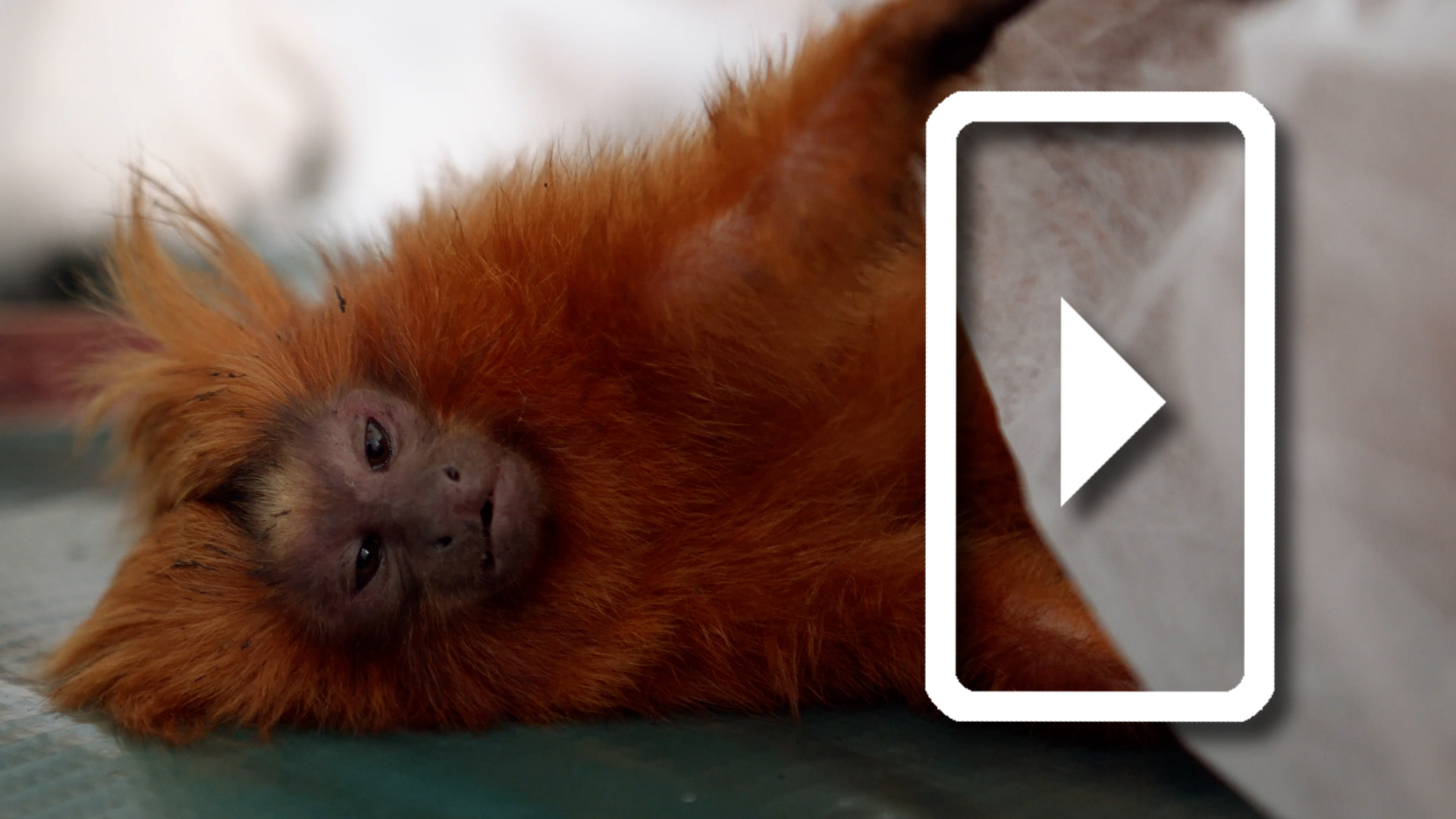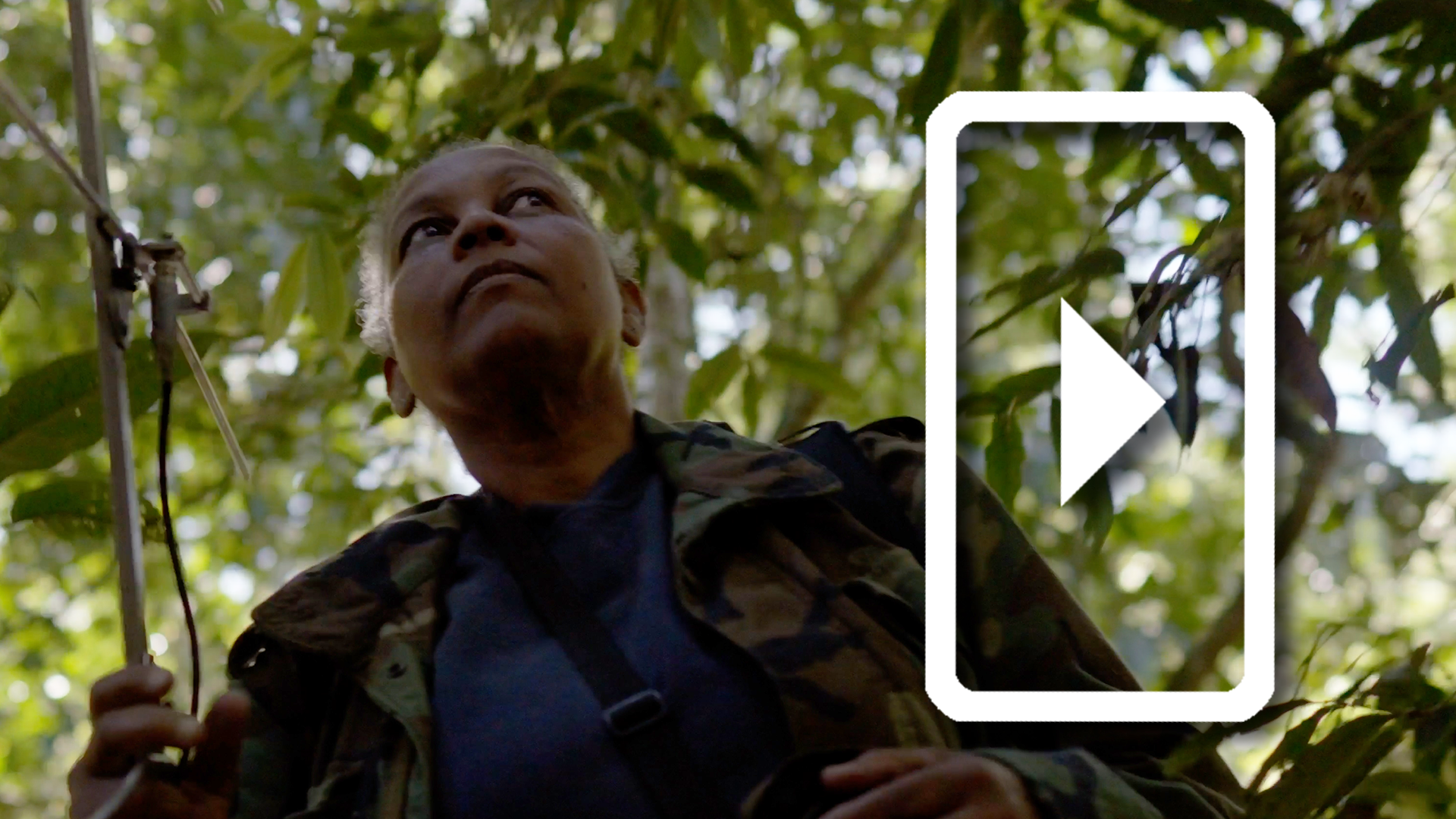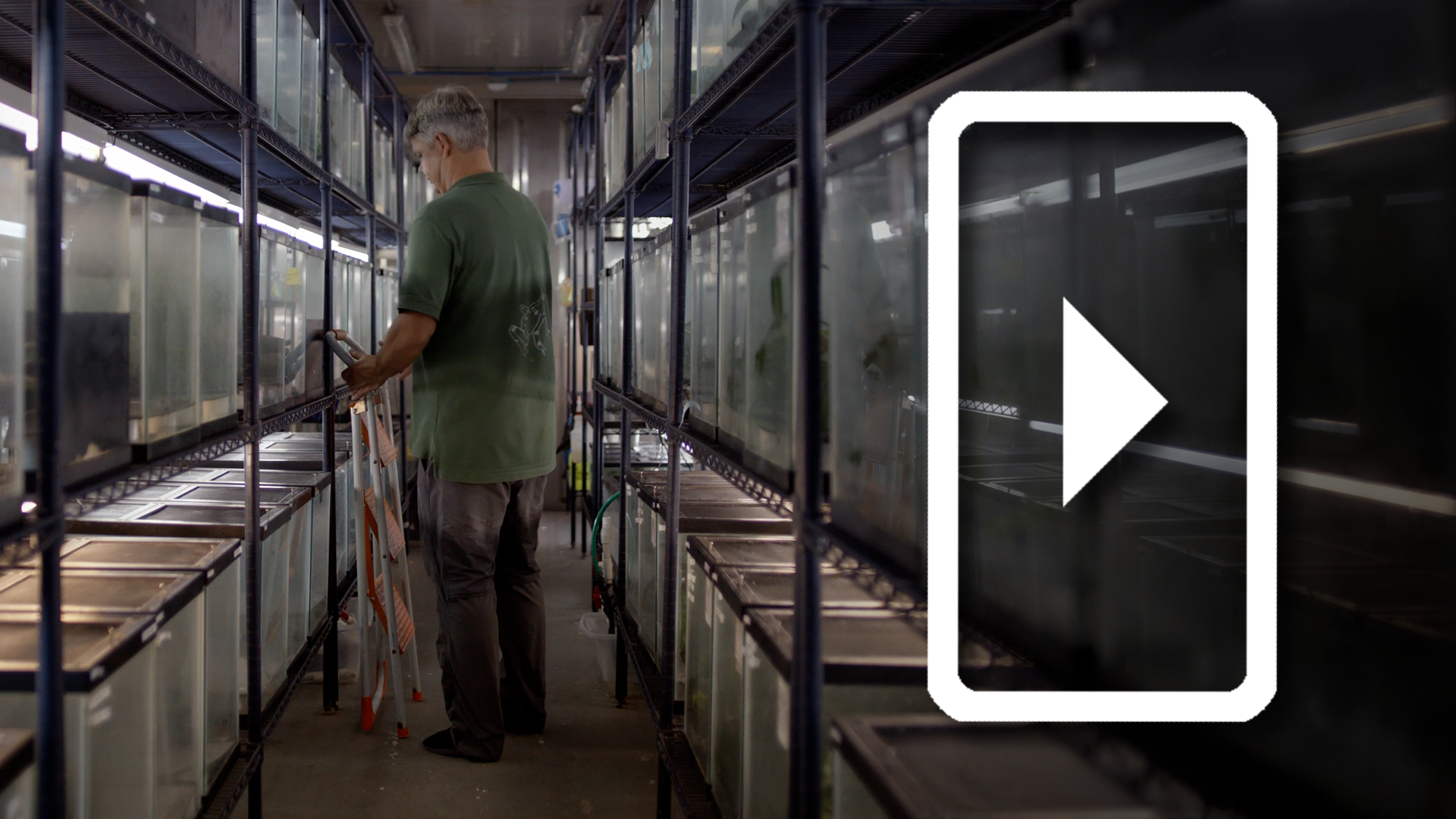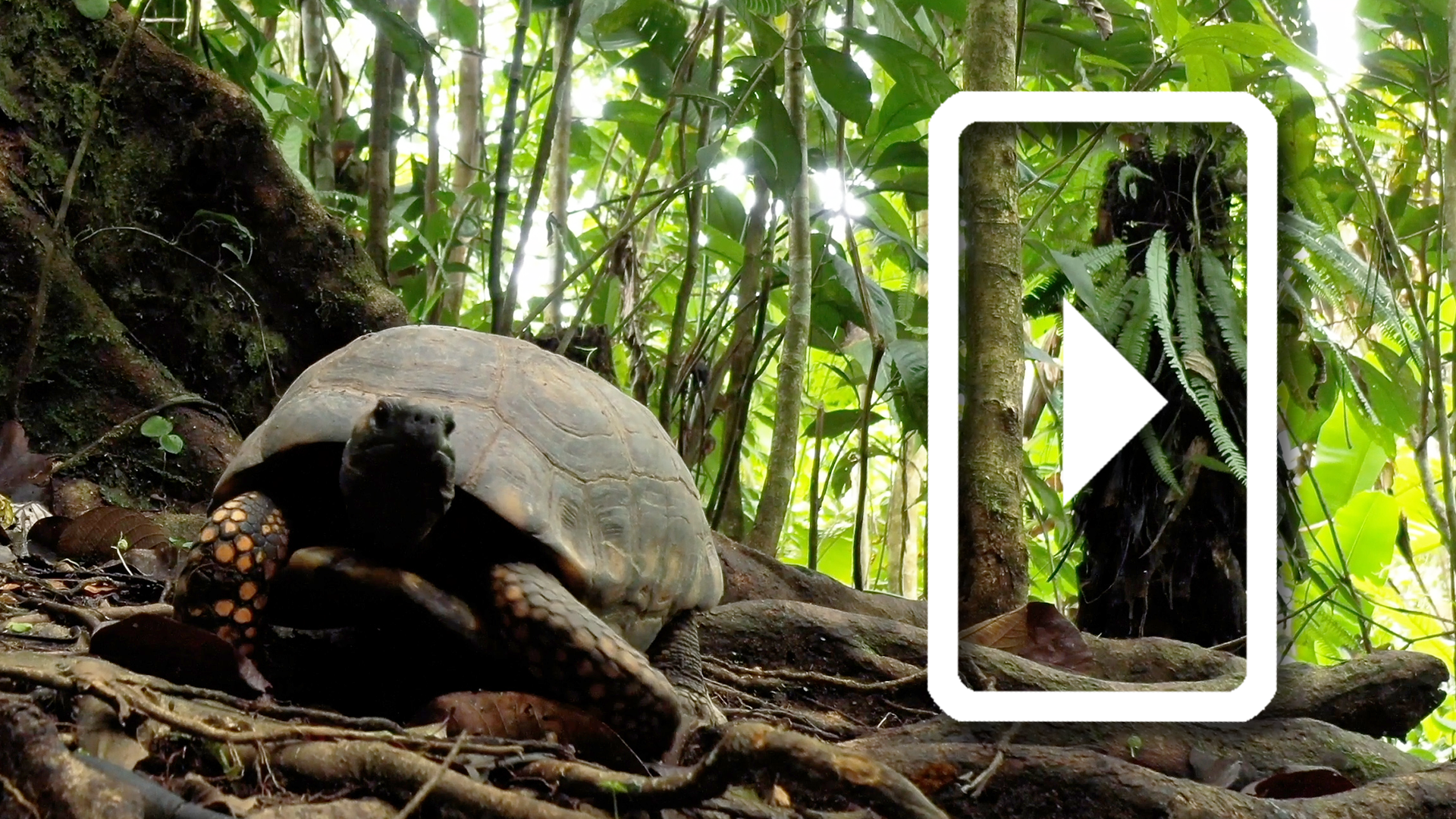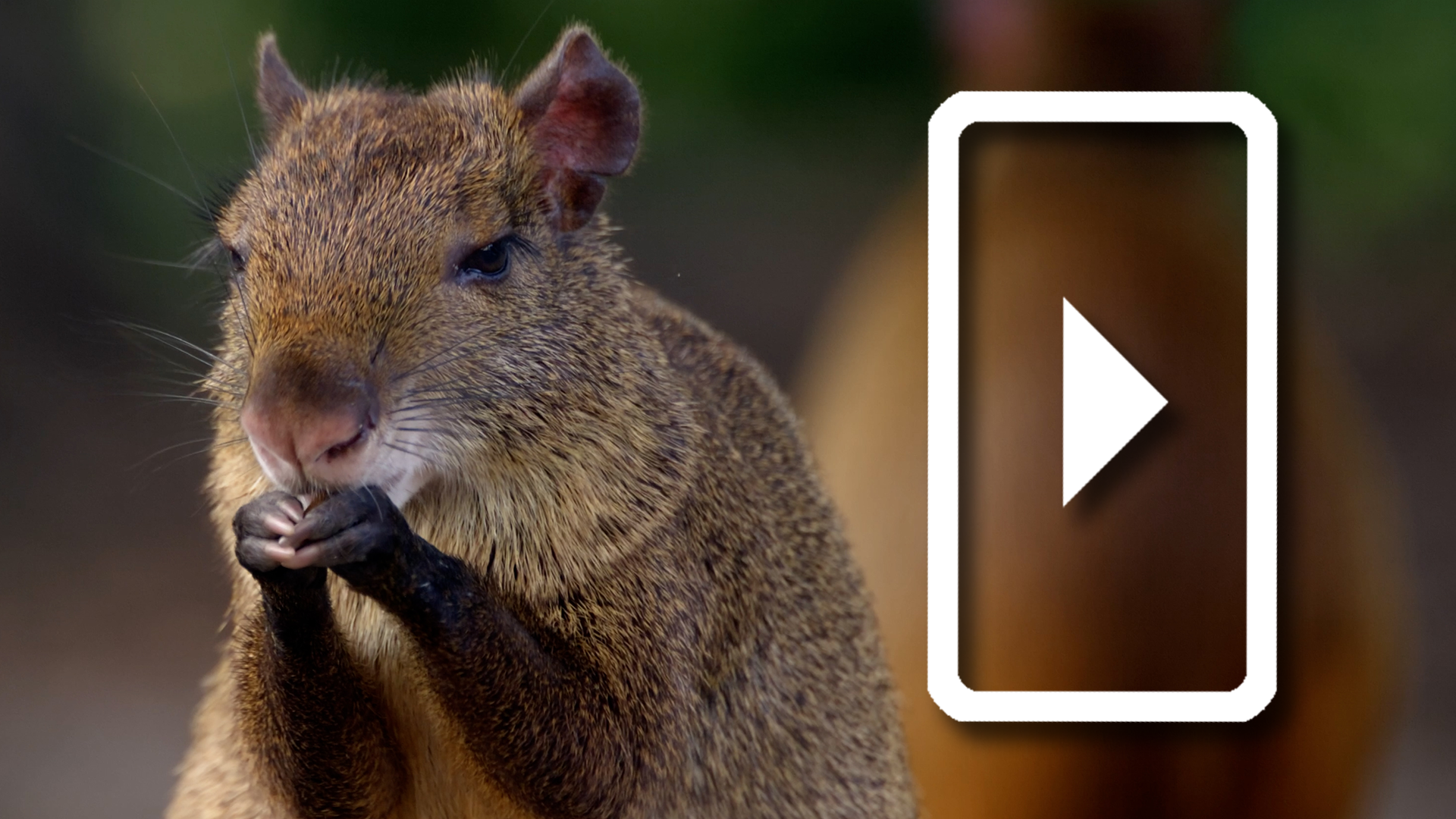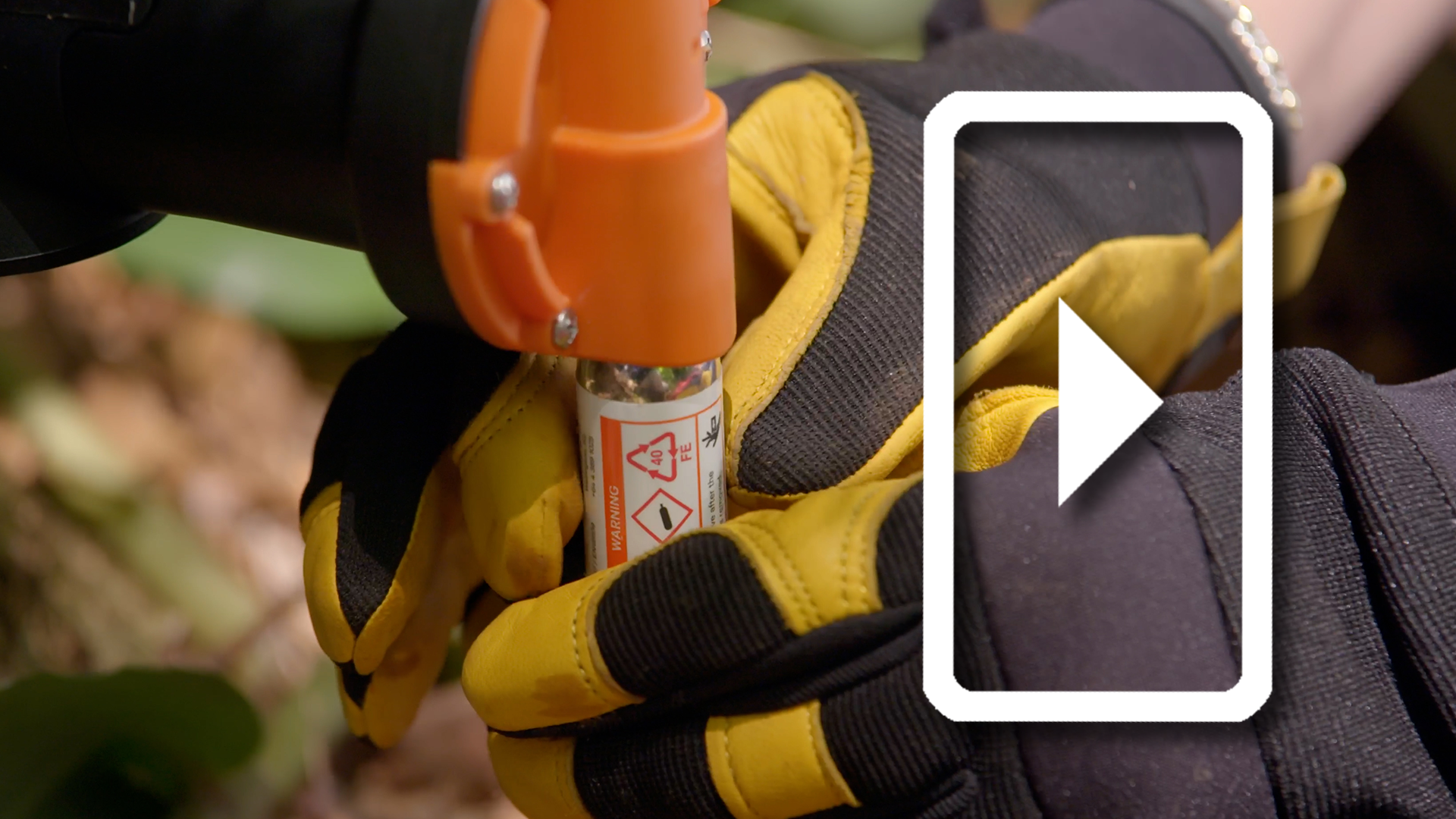Archives: Highlights
-
The Wonder of Wildlife Crossings
Brazil has more biodiversity than any other nation on Earth, but it also has more than a million miles of roads. Biologist Fernanda Alba and her team are establishing underpasses across the country that allow big terrestrial animals — to date, the team has documented over 40,000 safe wildlife crossings.
-
Trees from Above!
In order to scale up reforestation, Mauricio Ruiz and his organization ITPA have partnered with the drone fleet at MORFO. Each drone can plant up to 50 hectares of forest per day, which is 50 times faster than planting by hand.
-
Meet Mauricio Ruiz
Mauricio Ruiz grew up in the Atlantic Forest—one of the most biodiverse and threatened on Earth. At just 14 years old, he founded ITPA to fight back against rampant deforestation.
-
Saving Golden Lion Tamarins from Yellow Fever
Golden lion tamarins live only in small fragments of the Atlantic Forest. In 2021, an outbreak of yellow fever took nearly one third of the already endangered population, but teams were able to modify a vaccine for humans to help immunize the population against future outbreaks.
-
A Historic Recovery for Golden Lion Tamarins
Golden lion tamarins were nearly wiped out in the 1970s, but worldwide efforts by 150 zoos helped bring the species back from near-extinction. Today, local conservationists are expanding the forests in Brazil, and the wild population has grown from under 200 to now over 4800 tamarins!
-
Searching for “Lost Frogs”
Deep in the Panamanian forest, researchers are looking for “lost frogs” — species believed to have gone extinct, but that may be holding on in the wild.
-
What is the Frog Ark?
In the heart of Panama, scientists have created an artificial rainforest to protect endangered frogs from the worst wildlife disease ever recorded.
-
Rewilding Tijuca National Park
To restore the park to its former glory, researchers knew which animals needed to be reintroduced: monkeys, rodents, tortoises, and even dung beetles all played crucial roles in keeping the forest healthy.
-
Meet the Agouti!
Agoutis are large, adorable rodents found in Central and South America – and they’re critical players in keeping forest ecosystems healthy.
-
Stopping the Spread of Avian Malaria
Over 50 species of honeycreeper once lived in Hawai’i, but now only 17 species remain after battling against invasive species and habitat loss. Today, even those survivors are threatened further by avian malaria. To stop the disease, conservationists use innovative techniques to suppress the population of the invasive mosquitoes that spread it.
